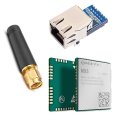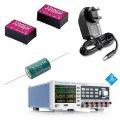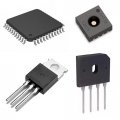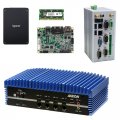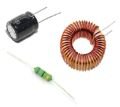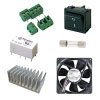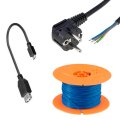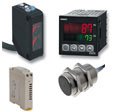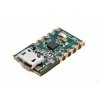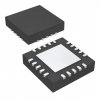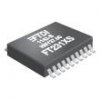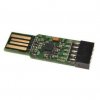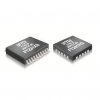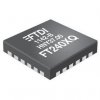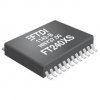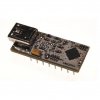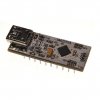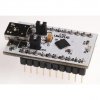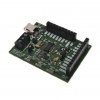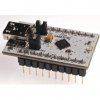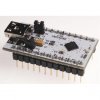The family of X-Chip series USB chips we introduced to you in the article „New X-chip series will connect you to USB even easier and faster!“. Gradually these USB chips gain still more popularity thanks to a relatively very simple implementation into a target device. It can be said, that a concept of the X-Chip series is based on a direct conversion USB to a chosen serial interface. i.e. to an interface used in our device (UART, I2C, SPI...), we can choose a suitable chip supporting “our” serial interface. Naturally almost every version is available in various packages. For development and production in smaller quantities it is usually easier to work with packages like SSOP and similar, but for a bigger serial production it´s often more convenient to use a QFN package providing another space saving on a PCB. That´s why we enhance our stable stock offer with the FT230XQ-R chip in the QFN16 package.
For development support, you can find in our store also so called breakout modules providing the simplest way to begin working with X-chips. A novelty in our offer is the UMFT234XF module with the FT234XD chip. FT234XD is almost identical to FT230X, the difference is only in the package with a less pins count.
- USB to serial port interface chips with speeds up to 3.4Mbit/s
- 13 chip/package options supporting: UART, FIFO, I2C, SPI, and FTDI FT1248 interface
- speed-up of development and minimum external components required
- battery charging detection (BCD, DCP) function
- internal clock generation, extended clocking features
- Low power – typically 8mA active / 125uA suspend
- low pin count and small footprints
- Configurable CBUS pins for BCD, driving LED, clock-out, or GPIO
- Internal 2KB MTP memory, programmable via USB and I2C
- Internal 3.3V level converter
- Supports Bus-Powered (5V) or Self-Powered (3.3V) applications
- -40 °C to +85 °C extended operational temperature range
Do you like our articles? Do not miss any of them! You do not have to worry about anything, we will arrange delivery to you.
Competition with the following question has been published here:
What´s the difference between FT230XQ and FT230XS chips?
